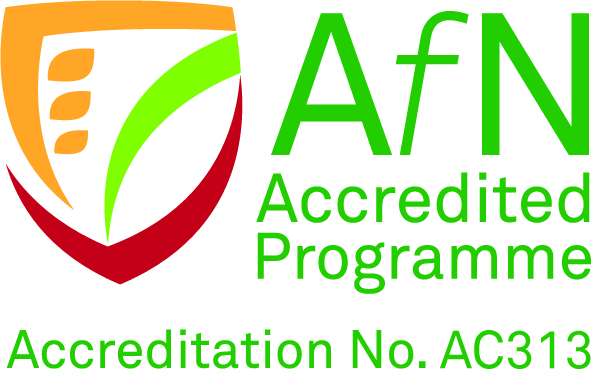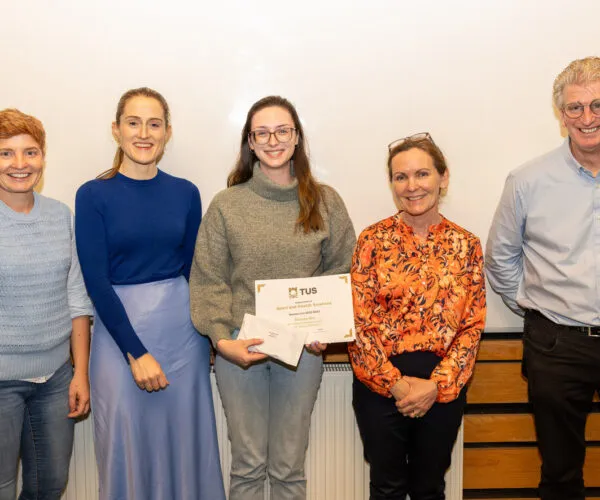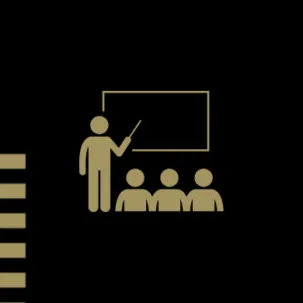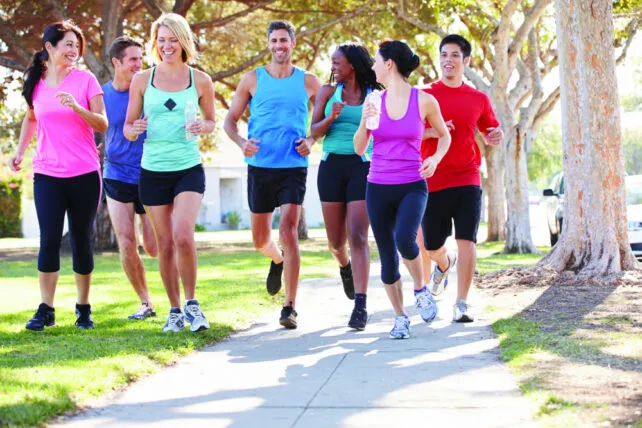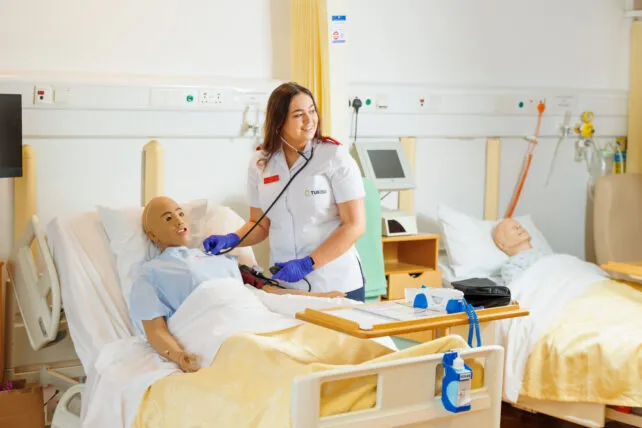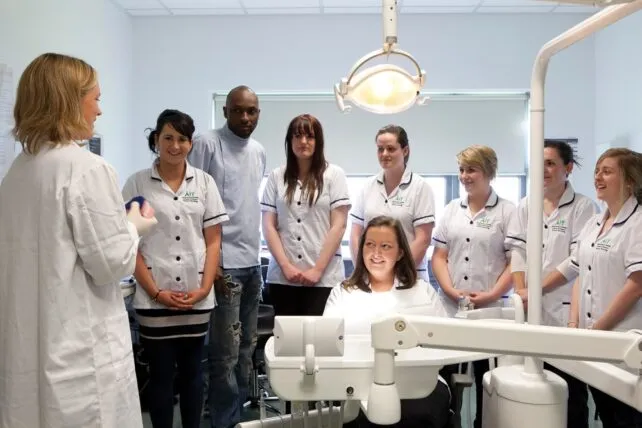This BSc (Honours) in Nutrition and Health Science course is a unique interfacial degree with an equal emphasis on both nutrition and health science. This course provides an approach to nutrition that is based on the scientific and academic principles of biology, biochemistry, social and public health aspects of human nutrition, as well as encompassing emerging issues such as biotechnology, food sustainability and security. This course develops students, across the disciplines of nutritional science, health promotion, research and practice-based nutrition, to build competencies towards becoming an accredited nutritionist.
The primary aim of the course is to develop expertise in nutrition and apply this knowledge and related skills to health science and public health. This synergistic approach to nutrition and health science provides students with a greater understanding of the integration of these elements and the vital role of nutrition in public health and health promotion initiatives. Core studies include nutrition, food science, nutrition throughout the lifecycle and in health and disease. These are complemented by the behavioural sciences, health policy, research methods, epidemiology and new developments in health in the areas of biotechnology and microbiology are included. In this course, principles related to the primary healthcare service, strategies and methods for promotion and evaluation of health are also explored and evaluated. The course is underpinned by a strong foundation in the core sciences supporting nutrition and health science, and a rigorous scientific approach is central to the entire course. Graduates develop the capacity for independent learning, critical thinking and reflective and evidence-based best practice as well as problem- solving and teamworking capabilities. These skills, coupled with a strong focus on the semester long work placement component in Year 3 assists graduates in preparing for a successful and productive career in the area of nutrition and health. This degree aligns perfectly with national and international policy to encourage people to live healthier lives. The Midlands campus also has an international track record of undertaking research at a pan-European level into food technologies, food safety, and applied nutrition.
